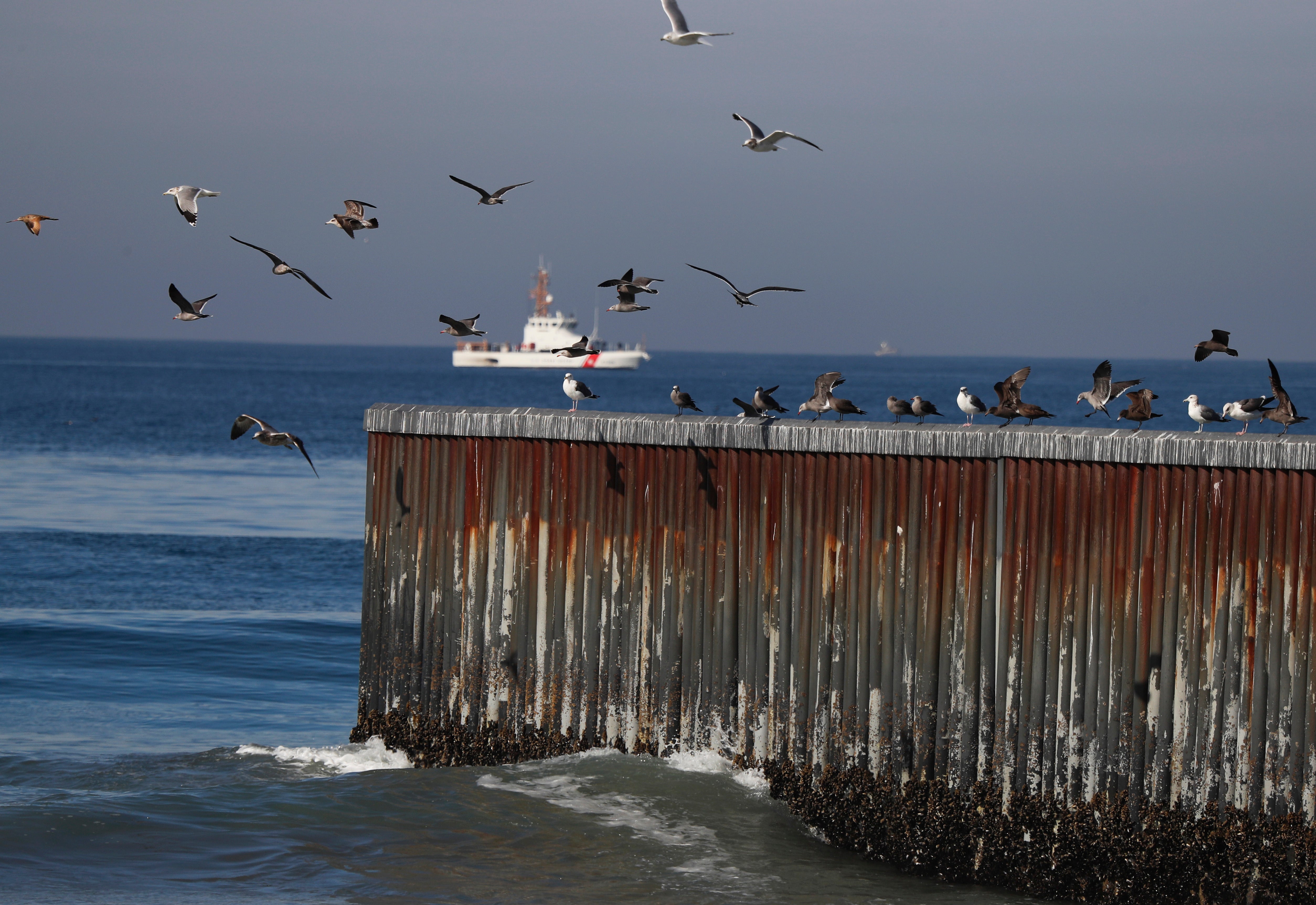El Niño, not avian flu, caused the deaths of hundreds of birds in Mexico, government says
Experts in Mexico say that the warming Pacific ocean currents known as El Niño, not avian flu, were responsible for the deaths of hundreds of birds along Mexico's Pacific coast this year

Your support helps us to tell the story
From reproductive rights to climate change to Big Tech, The Independent is on the ground when the story is developing. Whether it's investigating the financials of Elon Musk's pro-Trump PAC or producing our latest documentary, 'The A Word', which shines a light on the American women fighting for reproductive rights, we know how important it is to parse out the facts from the messaging.
At such a critical moment in US history, we need reporters on the ground. Your donation allows us to keep sending journalists to speak to both sides of the story.
The Independent is trusted by Americans across the entire political spectrum. And unlike many other quality news outlets, we choose not to lock Americans out of our reporting and analysis with paywalls. We believe quality journalism should be available to everyone, paid for by those who can afford it.
Your support makes all the difference.When hundreds of birds were found dead along Mexico's Pacific coast earlier this year, experts immediately suspected avian flu.
But the government said Thursday that the warming Pacific ocean currents associated with El Niño, not bird flu, were responsible for the mass die-off.
Mexico’s Agriculture Department said Thursday that tests on the dead birds revealed they had died of starvation, not flu.
The department said that warming surface water in the Pacific caused by El Niño can drive fish into deeper, cooler water, making it harder for birds to find food.
Most of the dead birds were Sooty Shearwaters, seagulls and pelicans. They died in states ranging from Chiapas, on the border with Guatemala, all the way north and west to Baja California.
“According to autopsies carried out be veterinarians and specialized biologists, it was found that the animals died of starvation,” the department said. “The most probable cause of this epidemiological event is the warming of the waters of the Pacific due to the El Niño meteorological effect, which causes fish to seek deeper, colder waters, preventing sea birds from catching food.”
El Niño is a natural, temporary and occasional warming of part of the Pacific that shifts weather patterns across the globe.
In May, U.S. National Oceanic and Atmospheric Administration climate scientist Michelle L’Heureux said El Niño had formed this year a month or two earlier than usual, which “gives it room to grow,” and there’s a 56% chance it will be considered strong and a 25% chance it reaches supersized levels.